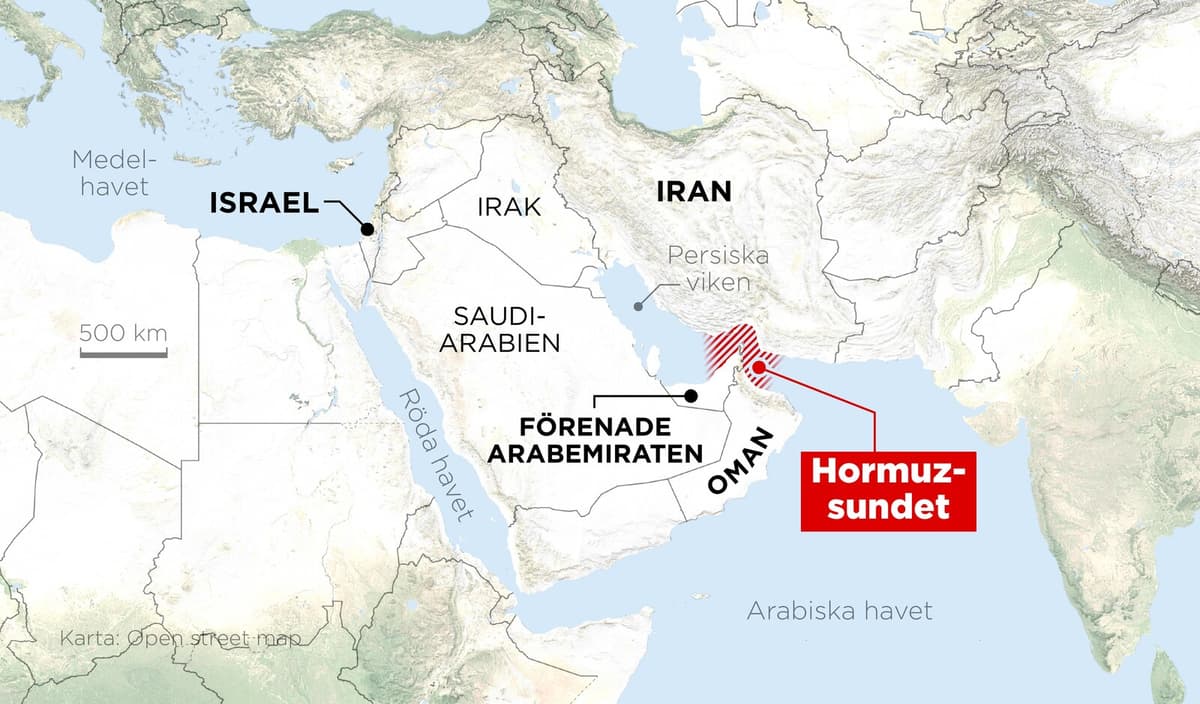The US attack on Iran's nuclear facilities on Sunday night caused oil prices to rise. But on Monday morning, the price of North Sea oil was back at the same level as on Friday.
The danger lies in the oil price remaining at a high level for a longer period, according to Thina Saltvedt.
The risk of this has increased since Iran's parliament said they want to close the Strait of Hormuz, a passage that connects the Persian Gulf with the Gulf of Oman and a strategically important shipping route for oil transport. However, the decision to close it is taken by Iran's top leadership.
Risk of inflation
If Iran implements a blockade of the strait, it will have serious consequences, according to Thina Saltvedt. If the price of crude oil increases, the refineries will have to pay more, which will make the price of petrol and diesel skyrocket – something that in turn would affect the price of fuel for ships, air travel, trucks and other vehicles.
If it becomes more expensive to transport goods that we are dependent on importing, it can also contribute to inflation, says Thina Saltvedt.
If the oil shortage worsens, it can have more disastrous consequences after a price increase, she says.
In a worst-case scenario, it can go so far that countries have to introduce oil rationing, says Thina Saltvedt.
Iran itself dependent
There is no sufficiently large reserve of oil production capacity in such a situation, even if the Western world has tried to build up a reserve stock after the oil crisis in 1973, Saltvedt emphasizes.
However, she wants to downplay the risk that the escalated war in the Middle East will go so far that individual countries have to ration oil. Blocking the strait would be purely self-destructive for Iran, and it would be difficult to implement, she emphasizes.
Iran is itself dependent on the oil it transports from there and military actions require revenue, she says, and therefore believes that a long-term blockade of the strait is less likely.
Rather, it is military threats and attacks on Iran that are a threat to the country's oil production and which can thus cause more long-term damage to infrastructure, pipelines, ports and production, says Thina Saltvedt.






